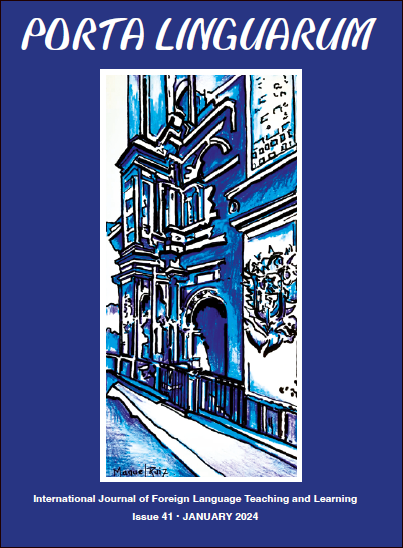Teacher Well-Being in English Language Teaching: An Ecological Approach. Herrera, L. J. P., Martínez-Alba, G., & Trinh, E. (Ed.) Routledge, New York, 270 pages, Print ISBN: 978-1-032-32419-7, eText ISBN: 978-1-003-31493-6.
DOI:
https://doi.org/10.30827/portalin.vi41.27754Keywords:
-Abstract
Recently, there is a growing concern for teachers’ well-being in English Language Teaching (ELT) worldwide, especially during the COVID-19 pandemic and beyond. Teachers’ well-being is highly associated with students’ achievements and staff turnover or even attrition (Greenier et al., 2021). Thus, actively responding to Mercer’s (2021) call for action to prioritize teachers’ well-being, editors hit the nail on the head with this recent volume by shedding light on factors influencing teachers’ well-being in ELT in different contexts and corresponding measures from an ecological perspective.
Downloads
References
Greenier, V., Derakhshan, A., & Fathi, J. (2021). Emotion regulation and psychological well-being in teacher work engagement: A case study of British and Iranian English language teachers. System, 97, 1–18. https://doi.org/10.1016/j.system.2020.102446
Maslow, A. H. (1943). A theory of human motivation. Psychological Review, 50(4), 370–396.
Mercer, S. (2021). An agenda for well-being in ELT: An ecological perspective. ELT Journal, 75(1), 14–21. https://doi.org/10.1093/elt/ccaa062
Seligman, M. E. (2011). Flourish: A visionary new understanding of happiness and well-being. Free Press.



















